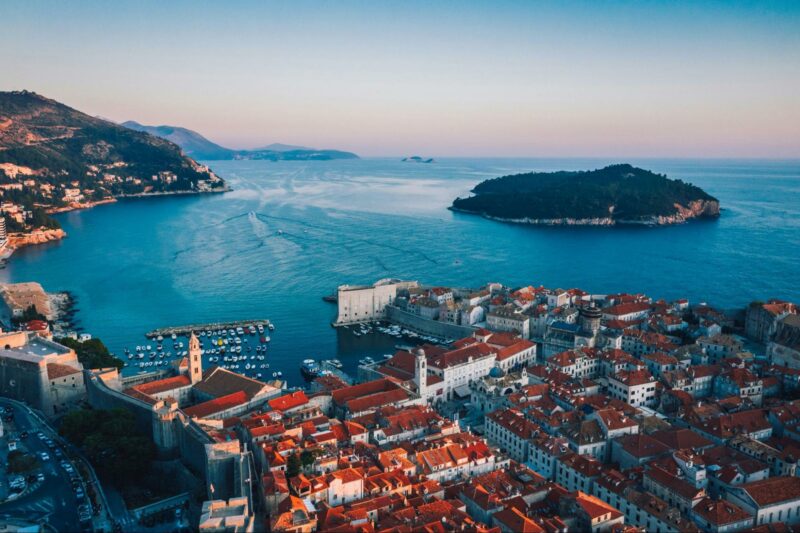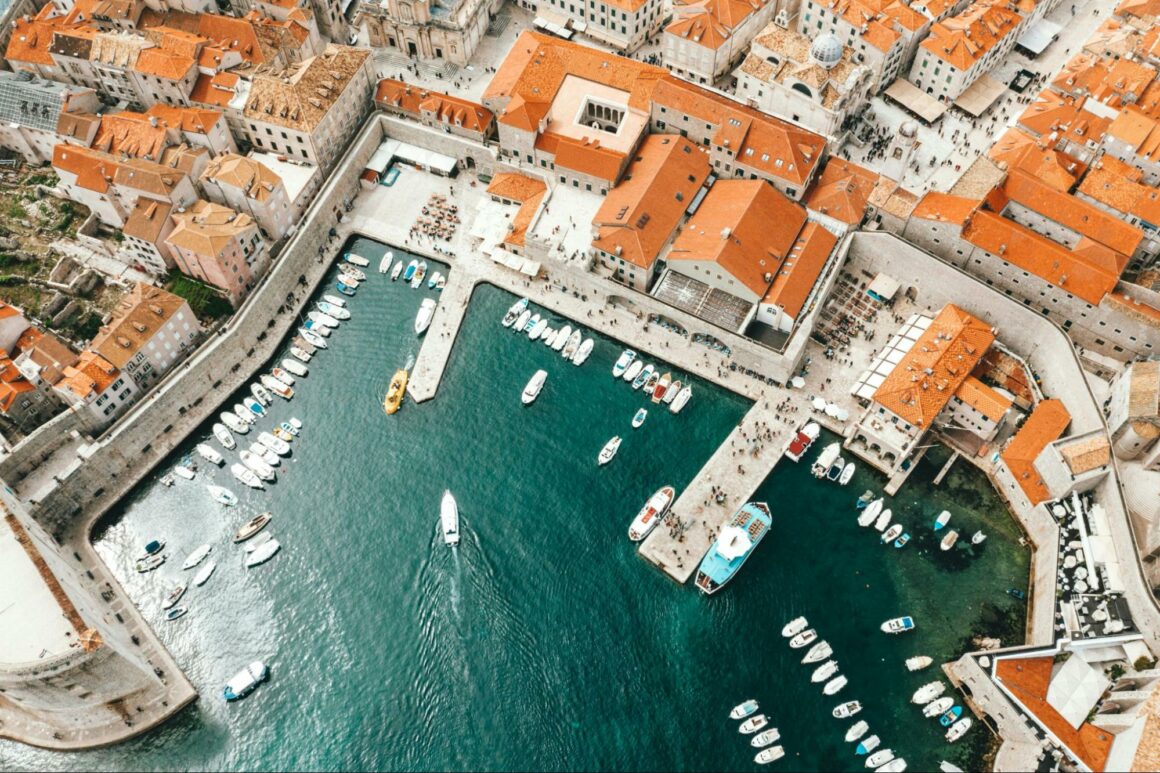Croatia Travel Tips
Travelers planning a visit to Croatia should consider the timing of their trip to make the most of this beautiful destination. Croatia experiences a diverse climate, offering different experiences based on the time of year. Here are the key factors to keep in mind when deciding the best time to visit Croatia:
- Peak Season – Summer Months (June-August):
- During the summer months, particularly from June to August, Croatia welcomes a surge of tourists looking to enjoy the warm weather, crystal-clear waters, and vibrant nightlife.
- Coastal areas like Dubrovnik, Split, and Hvar are bustling with activity, perfect for beach lovers and water sports enthusiasts.
- Shoulder Seasons – Spring and Fall (April-May, September-October):
- Spring and fall are considered the shoulder seasons in Croatia, offering pleasant weather, fewer crowds, and more affordable accommodation options.
- Travelers can explore the cultural sites, national parks, and vineyards without the heat and crowds of peak summer.
- Off-Season – Winter Months (November-March):
- Winter in Croatia is off-peak for tourism, especially along the coast. However, it’s a great time to experience the festive markets, local culture, and even hit the slopes in the mountainous regions.
- Cities like Zagreb transform into winter wonderlands, providing a different perspective on Croatian life.
Must-Visit Destinations in Croatia
In Croatia, there are several must-visit destinations that offer a diverse range of experiences for travelers. From historic cities to stunning natural landscapes, here are some top destinations to consider:

- Dubrovnik: Known as the “Pearl of the Adriatic,” Dubrovnik is a UNESCO World Heritage Site famous for its well-preserved medieval walls, picturesque old town, and breathtaking views of the Adriatic Sea.
- Split: Home to the impressive Diocletian’s Palace, Split blends ancient Roman architecture with vibrant cafes, shops, and restaurants. Visitors can stroll through the narrow streets of the old town or relax along the beautiful waterfront promenade.
- Plitvice Lakes National Park: A nature lover’s paradise, this national park features a series of crystal-clear lakes connected by stunning waterfalls and lush greenery. It’s a perfect destination for hiking, photography, and experiencing the beauty of Croatia’s natural scenery.
- Hvar: This island gem is renowned for its lavender fields, vineyards, and crystal-clear waters. Hvar Town boasts a charming harbor, historic fortress, and a lively nightlife scene, making it a popular choice for those seeking a mix of relaxation and entertainment.
- Zagreb: As Croatia’s capital city, Zagreb offers a blend of historic charm and modern attractions. Visitors can explore the historic Upper Town, visit museums and galleries, stroll through vibrant markets, and enjoy the city’s cafe culture.
Cultural Etiquette and Local Customs
Understanding cultural etiquette and local customs is essential when traveling to Croatia to ensure a respectful and enjoyable experience. Here are some key points to keep in mind:
- Greetings and Interaction:
- When meeting someone for the first time, a handshake is a common form of greeting.
- Address people with their titles and surnames unless invited to use their first names.
- It’s polite to wait for others to initiate physical contact like hugs or kisses on the cheek.
- Dining Etiquette:
- Table manners are important in Croatia. Keep your hands visible while dining and refrain from resting your elbows on the table.
- It’s customary to wait for the host to offer a toast before beginning to drink.
- Tipping in restaurants is common, usually rounding up the bill or leaving a 10% tip for good service.
- Dress Code:
- When visiting churches and other religious sites, modest attire is required. Avoid wearing revealing clothing out of respect for the culture.
- Dressing smart-casual is suitable for most social occasions in Croatia.

- Learning a few basic Croatian phrases such as “hello” (Dobar dan) and “thank you” (Hvala) can go a long way in showing respect for the local language and culture.
- Many Croatians speak English, especially in tourist areas, but making an effort to speak Croatian is appreciated.
Exploring Croatia offers a harmonious blend of stunning landscapes, rich history, and vibrant culture. From the enchanting coastal towns to the picturesque national parks, Croatia captivates visitors with its diverse attractions. Whether indulging in seafront luxury or embracing rural charm, travelers can find accommodation options to suit their preferences. Navigating the country is made easy with efficient transportation systems. Understanding and respecting local customs enhance the travel experience, fostering meaningful interactions with Croatian traditions and communities. By following these tips, travelers can embark on a memorable journey through Croatia, creating lasting memories and forging connections with this captivating destination.

